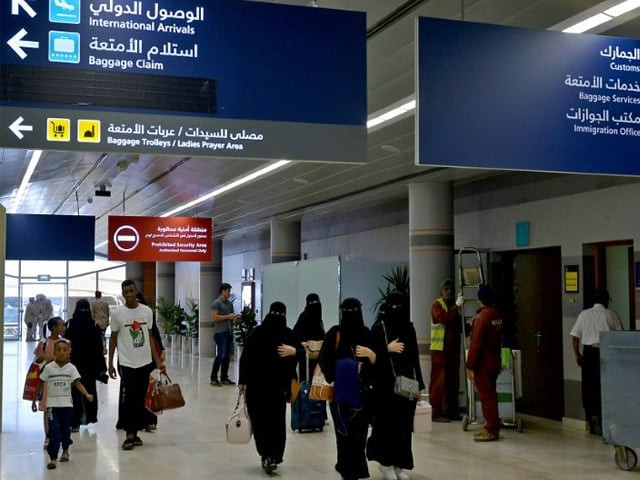Saudi wins praise as guardianship rules eased
Reform also covers civil rights such as allowing women to register childbirth, marriage or divorce

The Muslim kingdom announced it was effectively allowing women over the age of 21 to obtain passports and travel abroad without securing the permission of their ‘guardians’, husband, father or other male relatives.
The reform, which also covers civil rights such as allowing women to register childbirth, marriage or divorce, does not dismantle but diminishes the male guardianship system.
"The new regulations are history in the making," Princess Reema bint Bandar, named earlier this year as Saudi Arabia's first woman ambassador to Washington, said on Twitter.
These new regulations are history in the making. They call for the equal engagement of women and men in our society. It is a holistic approach to gender equality that will unquestionably create real change for Saudi women. 3/4
— Reema Bandar Al-Saud (@rbalsaud) August 2, 2019
"They call for the equal engagement of women and men in our society. It is a holistic approach to gender equality that will unquestionably create real change for Saudi women."
The decision triggered a wave of jubilation on social media, with the hash tag ‘No guardianship over women travels’ and ‘This is our time’ gaining traction.
Many also posted humorous memes of women dashing to airports lugging suitcases and being trailed by male relatives.
The reform, which grants women greater autonomy and mobility, comes as the petrostate reels from low oil prices and seeks to boost employment opportunities for women currently facing high joblessness.
"This can be the beginning of economic migration that relieves pressure on (the crown prince) to create jobs for educated women in a liberalised economy with less public sector opportunities," said Madawi al-Rasheed, a Saudi expert at the London School of Economics.
"The new regulations do not only allow women to issue passports and travel without a guardian's permission, but will also limit the state's interference in the private sphere," Saudi academic Eman Alhussein said on Twitter.
The new regulations do not only allow women to issue passports and travel without a guardian's permission, but will also limit the state's interference in the private sphere. The following co-authored article explains how the situation was before:https://t.co/leMI7Opauq
— Eman Alhussein (@EmanMAlhussein) August 2, 2019



















COMMENTS
Comments are moderated and generally will be posted if they are on-topic and not abusive.
For more information, please see our Comments FAQ